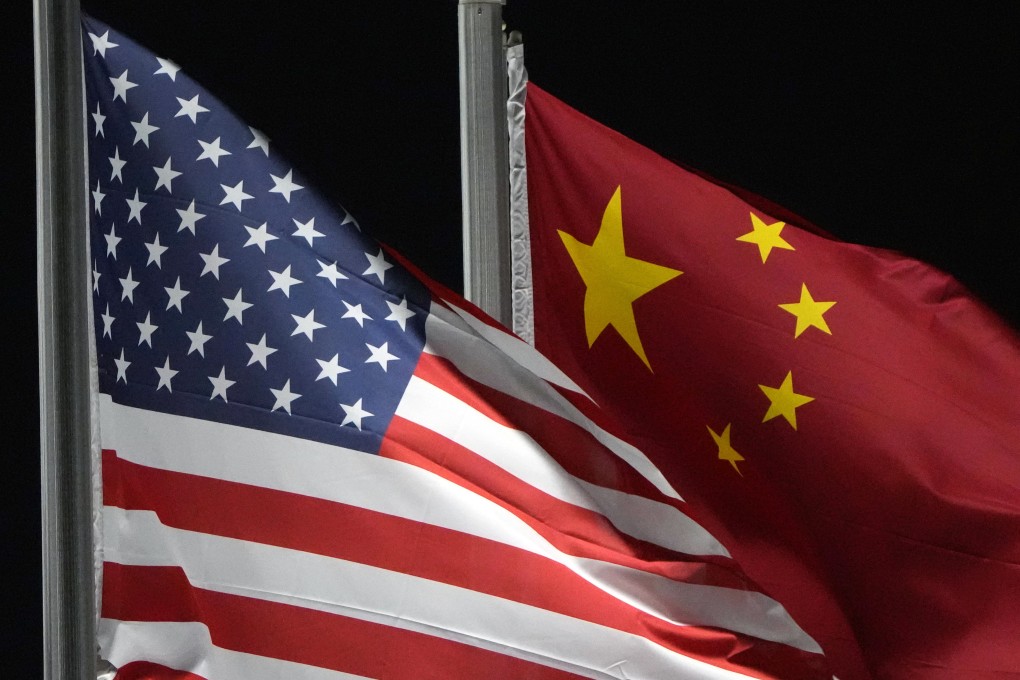My Take | America must learn that people in glass houses should not throw stones
- China most likely runs global cyberespionage, but it’s nothing compared to the US and its allies, as shown in the latest domestic CIA spy case

In recent years, though, either taking turns or collectively, spy chiefs or their deputies of the so-called Five Eyes alliance of English-speaking nations have been warning the world that China has been running a global espionage campaign, especially cyberhacking.
But the 40-year jailing of whistleblower and former CIA software engineer Joshua Schulte last week gives the game away, again.
I am sure China is spying everywhere, but who isn’t? Who can rival the Five Eyes themselves, which practically invented electronic warfare and surveillance in the last century?
Aren’t spies paid to dissimulate and misdirect, if not lie outright? Do you think their intelligence bosses would be any better? For sure, the Godfather is a perfect gentleman who just happens to run his nasty and brutal gang of criminal underlings.
